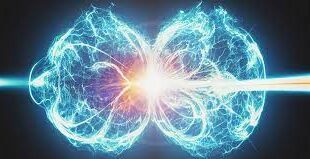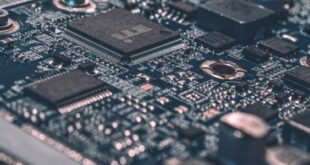The University of Twente and the German Research Centre Jülich are collaborating on developing membranes for an efficient separation of gasses. to use for the production of oxygen or hydrogen. for example.
The ceramic. ion-conducting membranes are an alternative for existing expensive separation processes and contribute to the reduction of CO2 emission. Prof. dr. Wilhelm Meulenberg. professor in Inorganic Membranes at the University of Twente. expects it to take about five to ten years before this latest technology is available. Meulenberg is also affiliated with the Jülich Research Centre.
CO2 Emission
In the coming decades. sustainable energy sources (sun. wind) and more efficient energy use are not sufficient for achieving the targeted mitigation of the greenhouse effect. In order to achieve the European climate goals. the collection and storage of CO2required as well. and we are considering the efficient conversion of CO2 to fuel (Carbon Capture and Utilization CCU). It is expected that in this way. the CO2 emission in Europe up until 2030 can be reduced by 15%.
A much better and more efficient alternative
Existing techniques for capturing CO2. such as chemical washing (Water Wash) are costly and go hand in hand with a large loss of energy. The oxyfuel technology. in which fuels are burned with pure oxygen in a CO2 neutral process. is not a perfect solution either with our current technology levels. as the production of pure oxygen through distillation at -190°C takes a lot of energy. Using membranes that are able to separate oxygen is a much better and more efficient alternative. This way. the fuel can still be burned with pure oxygen. producing a gas with a very high concentration of CO2. One of the other possibilities is the production of synthetic fuels. which develop through the reaction of CO2 with hydrogen across a membrane.
The University of Twente and Jülich Research Centre have decided to work closely together to develop ceramic ion-conducting membranes for this purpose. These membranes are intended for membrane reactors. which under extreme circumstances (high temperatures. high pressure) combine the separation process with a chemical reaction. which results in the production of synthetic fuels or basic chemicals.

 Iran Energy News Oil, Gas, Petrochemical and Energy Field Specialized Channel
Iran Energy News Oil, Gas, Petrochemical and Energy Field Specialized Channel



